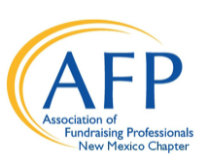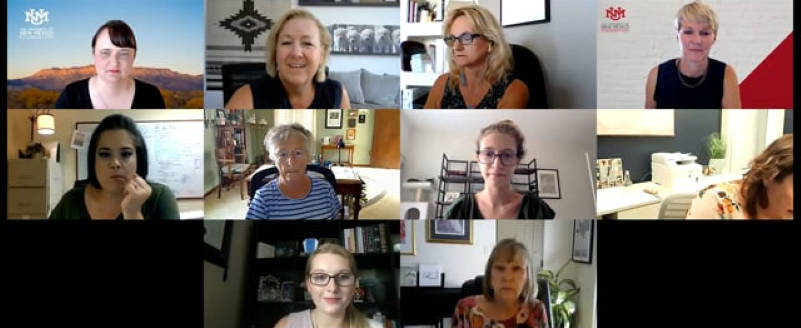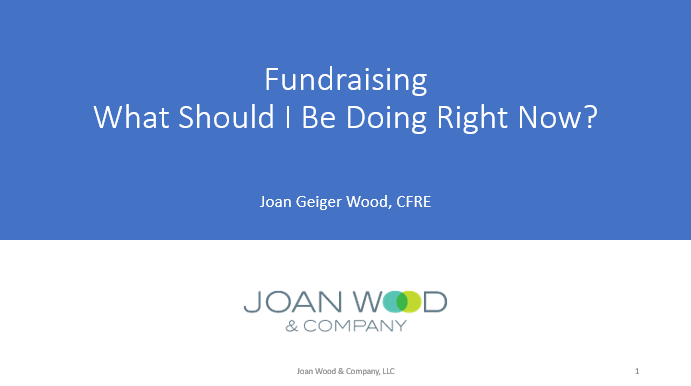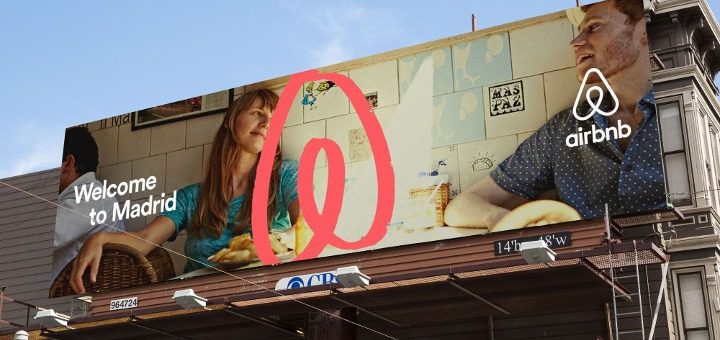Years ago, I worked for a direct mail agency whose motto was “often wrong, never in doubt.” As consultants, we’re expected to know the answers. And if we don’t, we need to find the answers quickly. Every day can seem like a pop quiz on fundraising best practice.
As the co-leader of the AFP DC Consultant’s Affinity Group, I’m amazed by the level of support offered between consultants – especially since many of them compete for business.
We have more than 150 members and they often pose questions to the affinity group. I sometimes think “Are you crazy? No one is going to help you with that!” But in fact, almost every time, there are a few folks who pipe up to provide a recommendation, and share examples or templates.
I’m impressed every time with the answers. And they are not just yes or no comments, but full-page responses. I see it time and time again: members walk through their experience, give advice on best practice, or identify mine fields to watch out for as a consultant.
If you’ve ever wondered how consultants know all the answers, they have a secret weapon: each other! At the risk of oversharing, here are just a few examples of the kinds of resources members share through the affinity group:
EXPERTISE on programs such as: Google AdWords, Classy, Salesforce, peer-to-peer online giving, Goodworld, Bloomerang, FirstGiving, Board Match, and GiftWorks.
RECOMMENDATIONS for: project management software, best tools for corporate prospect research, grants pipeline templates, event management tools, staffing models for endowment campaigns, e-commerce solutions, relationship mapping tools, text to give options, charitable registration experts, and train-the-trainer programs on “making the ask.”
SPECIALISTS on: prospect research, marketing, communications, federal funding proposals, Benevon system, management coaching, grant writing, crowdfunding, digital marketing, website design, graphic artists, mailshops, printers, and translation services.
EXAMPLES of: case statements for arts and advocacy orgs, staffing structures and staff assessment templates, sponsor benefit listings, articles of incorporation and by-laws, sample campaign brochures, campaign guidelines, benchmarks and comparison metrics for phone programs, and list acquisition policy samples.
ADVICE on: pros and cons of a stand-alone foundation for an association, tax benefits for international donors, strategies for lifetime giving recognition program, testing tactics for annual giving campaigns, gift acceptance and gift agreement language, experience with all-volunteer campaigns, comparative association campaign results.
Next time you’re impressed by the in-depth counsel that your consultant provides, you now know their secret weapon: a community of peers at AFP DC who set aside their competitive instincts to help each other deliver best-in-class service to their nonprofit clients. If you are interested in joining the Consultants Affinity Group or attending upcoming events, contact me to learn more.
**As previously featured by the Association of Fundraising Professionals Washington D.C. Metro Area Chapter










